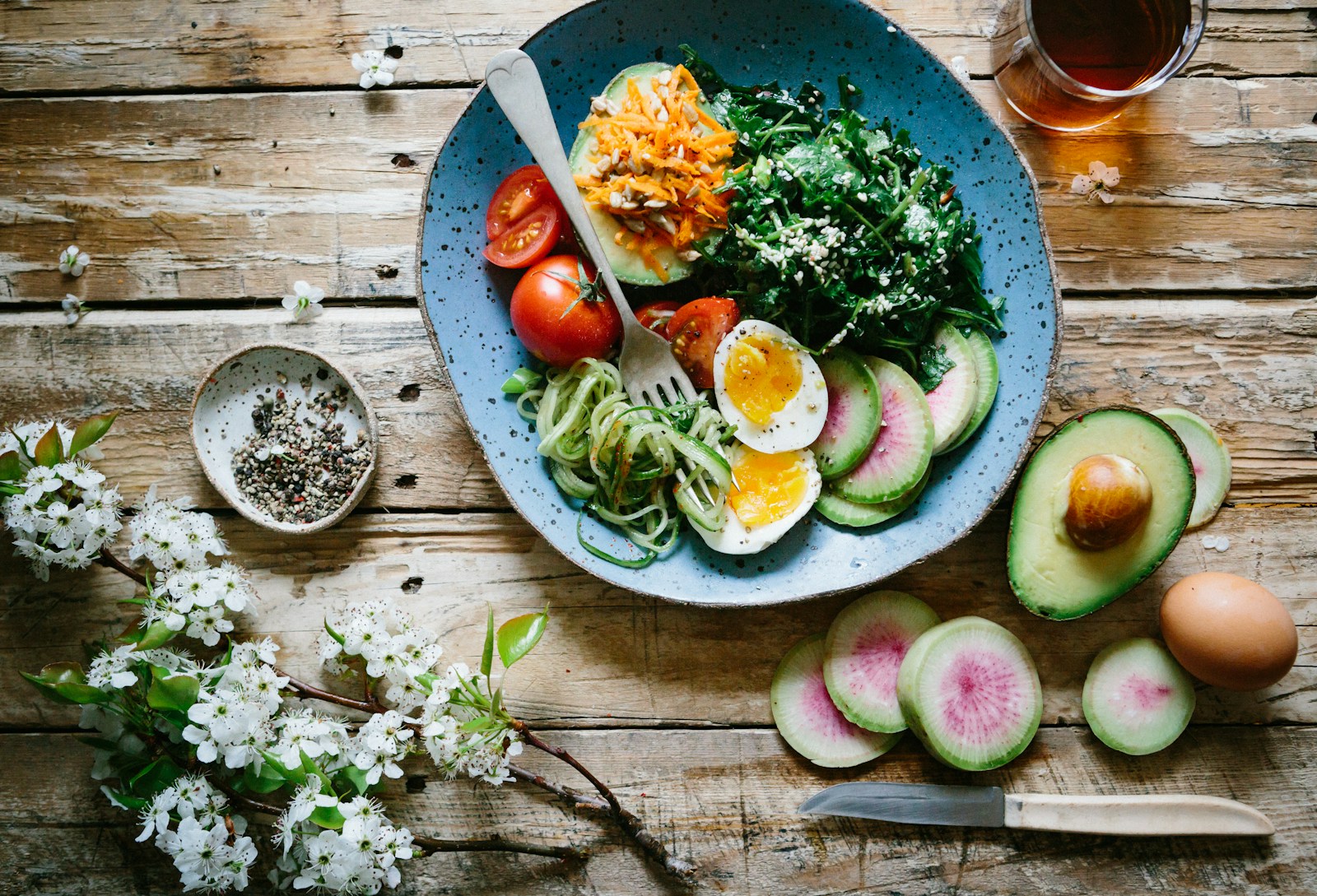This Post Contains Affiliate Links. Please Read Our Disclosure for Full Information.
Hey glow-getter! ✨
If you’re dreaming of glowy skin, strong nails, shiny hair, and joints that don’t snap-crackle-pop every time you move—collagen is your new BFF. 💅
Collagen is basically the glue that holds us together—but as we hit our mid-20s (rude), it starts to fade. That’s when you might notice fine lines, saggy skin, or even joint pain. The tea? You can totally boost your collagen naturally just by adding the right foods to your plate. 🍽️
Here’s your fab list of 15 collagen-boosting superfoods (plus some cute Amazon picks to help you glow from the inside out). Let’s GO, bestie! 💖

🐟 1. Salmon — Omega-3 Queen
Rich in omega-3s, salmon keeps your skin hydrated, plump, and wrinkle-free.
👉 Shop Wild-Caught Salmon Packs
🥚 2. Eggs — The Protein Powerhouse
Egg whites = proline, one of the essential amino acids your body uses to make collagen naturally.
👉 Get Free-Range Egg Subscription
🦴 3. Bone Broth — Liquid Gold
Literally the holy grail of collagen! Bone broth is packed with type I, II, and III collagen for skin, joints, and gut health.
👉 Shop Organic Bone Broth Powder
🥑 4. Avocados — The Glow-Up King
Full of healthy fats + Vitamin E, avocados help your body produce and protect collagen.
👉 Shop Avocado Oil for Cooking
🥦 5. Leafy Greens — The Anti-Aging Veggies
Spinach, kale, Swiss chard = chlorophyll-rich beauties that fight free radicals and keep collagen strong.
👉 Shop Organic Greens Powder
🍓 6. Berries — Nature’s Candy with Benefits
Strawberries, blueberries, raspberries—they’re full of Vitamin C, which is essential for collagen production.
👉 Shop Freeze-Dried Berries
🥜 7. Nuts & Seeds — Tiny But Mighty
Walnuts, almonds, chia = zinc + copper + healthy fats = collagen heaven.
👉 Get Mixed Superfood Nuts
🍊 8. Citrus Fruits — The Vitamin C Glow
Oranges, lemons, limes—Vitamin C is the real MVP for collagen synthesis. Glow from the inside, boo.
👉 Shop Organic Citrus Juices
🥕 9. Carrots & Sweet Potatoes — Beta-Carotene Babes
These veggies turn into Vitamin A in your body—essential for skin repair and collagen strength.
👉 Get Sweet Potato Chips
🍄 10. Mushrooms — The Underrated Hero
Mushrooms have zinc + selenium to help your skin glow and grow. Bonus: they’re immune-boosting too!
👉 Shop Mushroom Coffee or Powder
🥛 11. Greek Yogurt — Probiotic Glow
Greek yogurt = amino acids + probiotics that fuel your gut and boost collagen production naturally.
👉 Get Non-Dairy Probiotic Yogurt
🍵 12. Green Tea — Sip Your Way to Smooth Skin
Green tea = antioxidants galore to protect collagen and fight inflammation. Plus, it’s delish!
👉 Shop Matcha Green Tea
🥥 13. Coconut — Hydration Queen
Coconut water, oil, or flakes = healthy fats + hydration = plumper, dewier skin.
👉 Get Organic Coconut Water
🐄 14. Grass-Fed Meats — Collagen Rich Goodness
Beef, chicken, and turkey (especially with skin and tendons) = direct collagen source for joint & skin support.
👉 Shop Grass-Fed Jerky
🍠 15. Beans & Legumes — Plant-Based Power
Beans = zinc + amino acids = natural collagen boosters for all my vegan babes.
👉 Shop Mixed Bean Snacks
💖 Final Glow-Down:
Babe, collagen isn’t just about anti-aging—it’s about feeling strong, looking radiant, and moving with ease. Adding these foods to your daily life = a total glow-up for your skin, hair, joints, and even your vibe.
Sprinkle them into your meals, sip on teas, or grab some cute supplements—and watch the magic happen. ✨
Stay radiant,
xoxo,
Serenity Talks
We are giving it for free to our users
Get 7 Free Digital Planner
The Bundle Includes -
Daily Planner, Weekly Planner, Monthly Planner, Self Care Planner, Daily Reflection, Goal and Habit Tracker, Gratitude Journal and Budget Tracker

